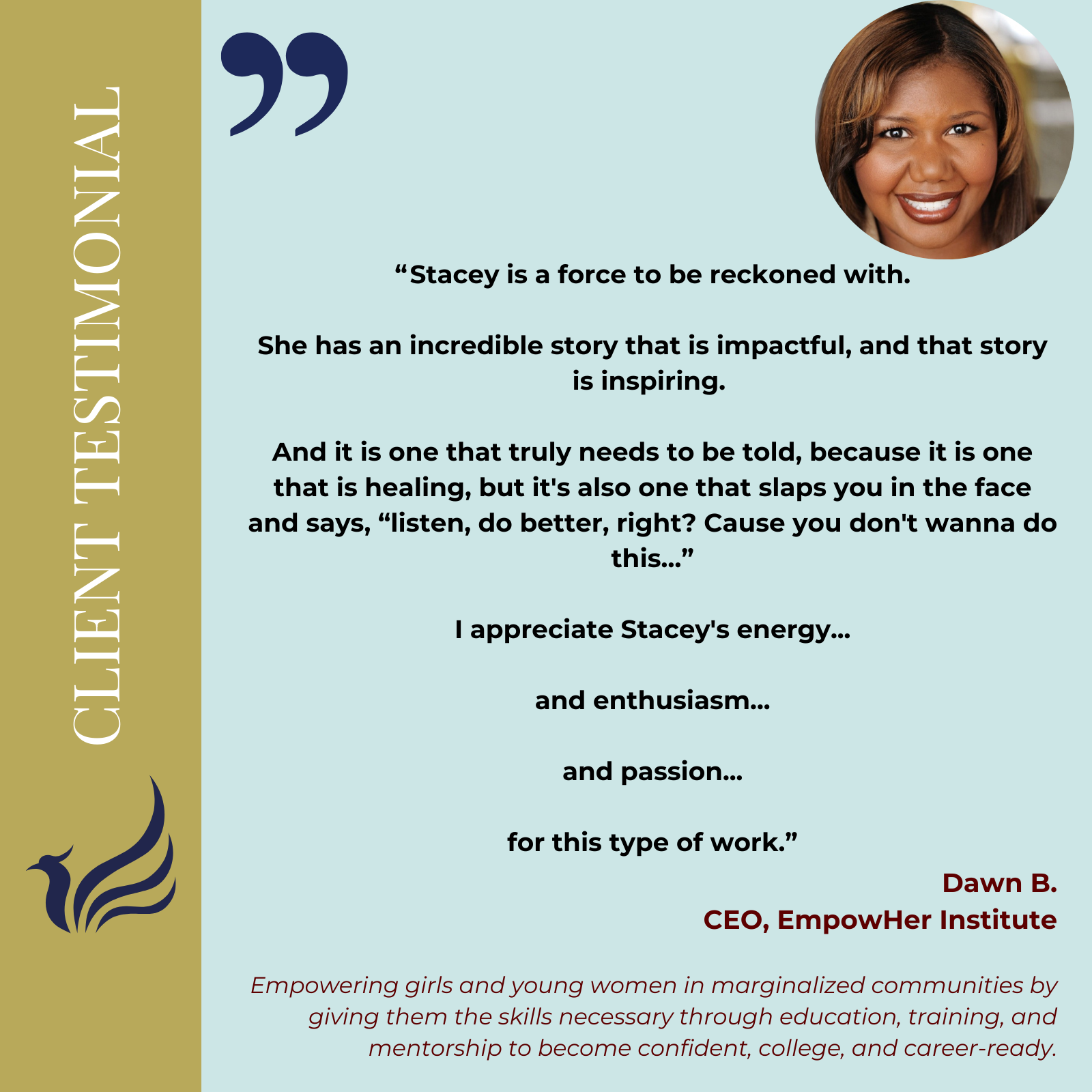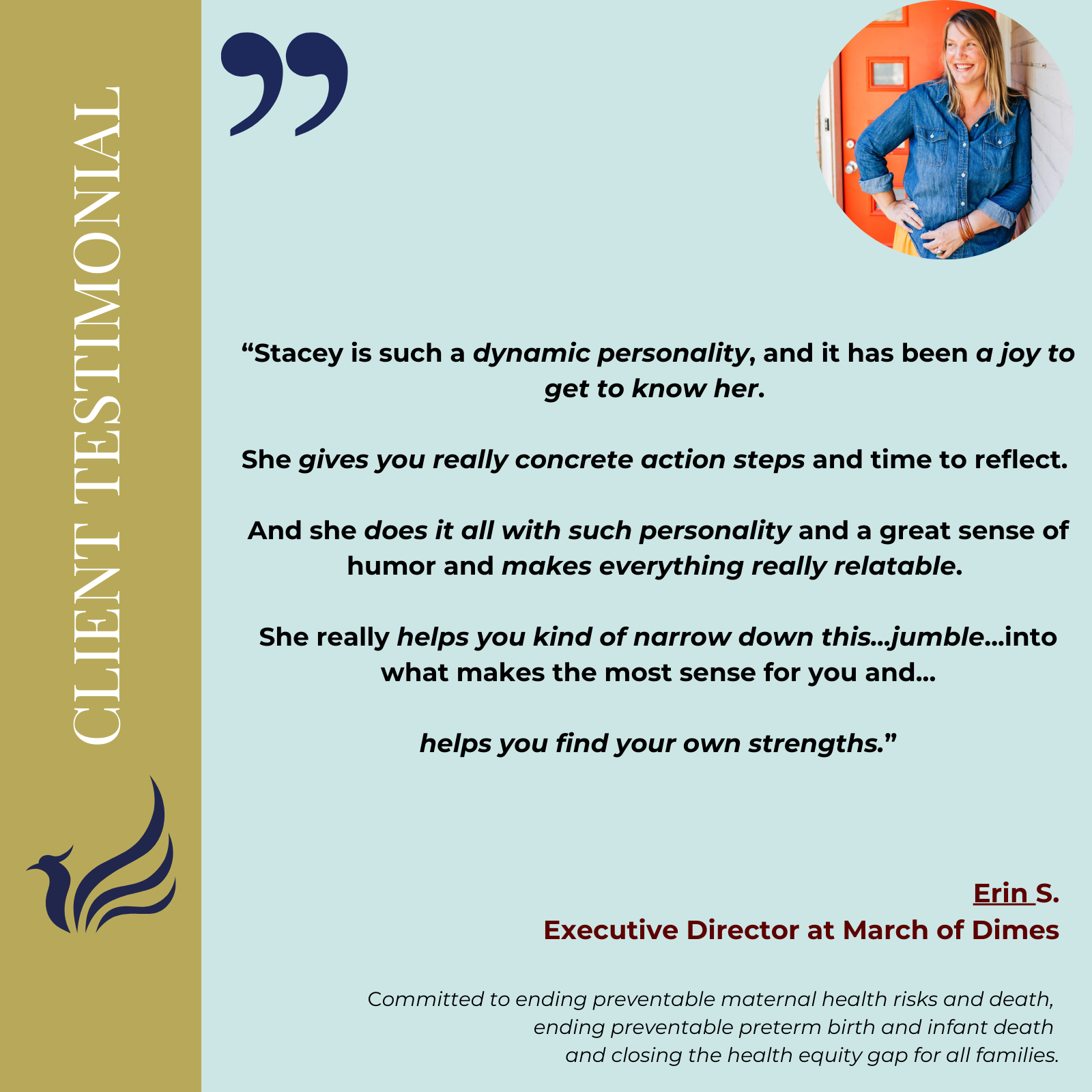Executive Women and the Staggering Impact of Caregiving To Your Wealth, Life and Career

Get a Free Copy of “6 steps to Calm the Chaos” to feel less overwhelmed and reactive.
Your Wealth – Facts and Figures
One national study on women and caregiving by the National Center on Caregiving at Family Caregiver Alliance highlighted the conflicting demands of work and eldercare.
- The value of informal care that women provide ranges from $148 billion to $188 billion annually;
- In total, the cost impact of caregiving on the individual female caregiver in terms of lost wages and Social Security benefits equals $324,044.
- An estimated 66% of caregivers are female, their average age is 49-years, they work outside the home and provide 20 hours per week of unpaid care to their aging or ailing parents;
- 29% passed up a job promotion, training or assignment;
- 22% took a leave of absence;
- 20% switched from full-time to part-time employment.

- One in five female caregivers age 18 to 39 said that stress was nearly always present in their lives;
- There is a negative impact on carers’ relationships and social networks due to their reduced ability to participate in activities outside their caring role and can lead to carers’ experiencing social isolation, which in turn can impact on their psychological well being;
- Greater increases in symptoms of depression, less “personal mastery” and less self-acceptance;
- 25% of women caregivers have health problems as a result of their caregiving activities;
- Coronary heart disease (CHD) is one physical risk factor of caregiving. Women who spend nine or more hours a week caring for an ill or disabled spouse increase their CHD risk twofold;
- Other health effects include elevated blood pressure and increased risk of developing hypertension; lower perceived health status; poorer immune function; slower wound healing; and an increased risk of mortality.
Now What?
If you are one of millions of women who are torn between helping your parents and pursuing long-term business goals to support your family, feeling burnt out, unhealthy, stressed, overworked, overscheduled, running on empty, and putting everyone and everything else above your needs – you are not alone.
Here is my “Clarity, Confidence, and Certainty – 6 Steps To Calm the Chaos” guide. I hope that it gives you some useful tips on getting some balance.
Sending you positive thoughts for more clarity, confidence, and certainty.
Stacey.
P.S. If you want to learn more about how I help executive women successfully balance these responsibilities, excell at high-powered careers and build strong plans for wealth, life and career goals, schedule a complimentary Clarity Session.


